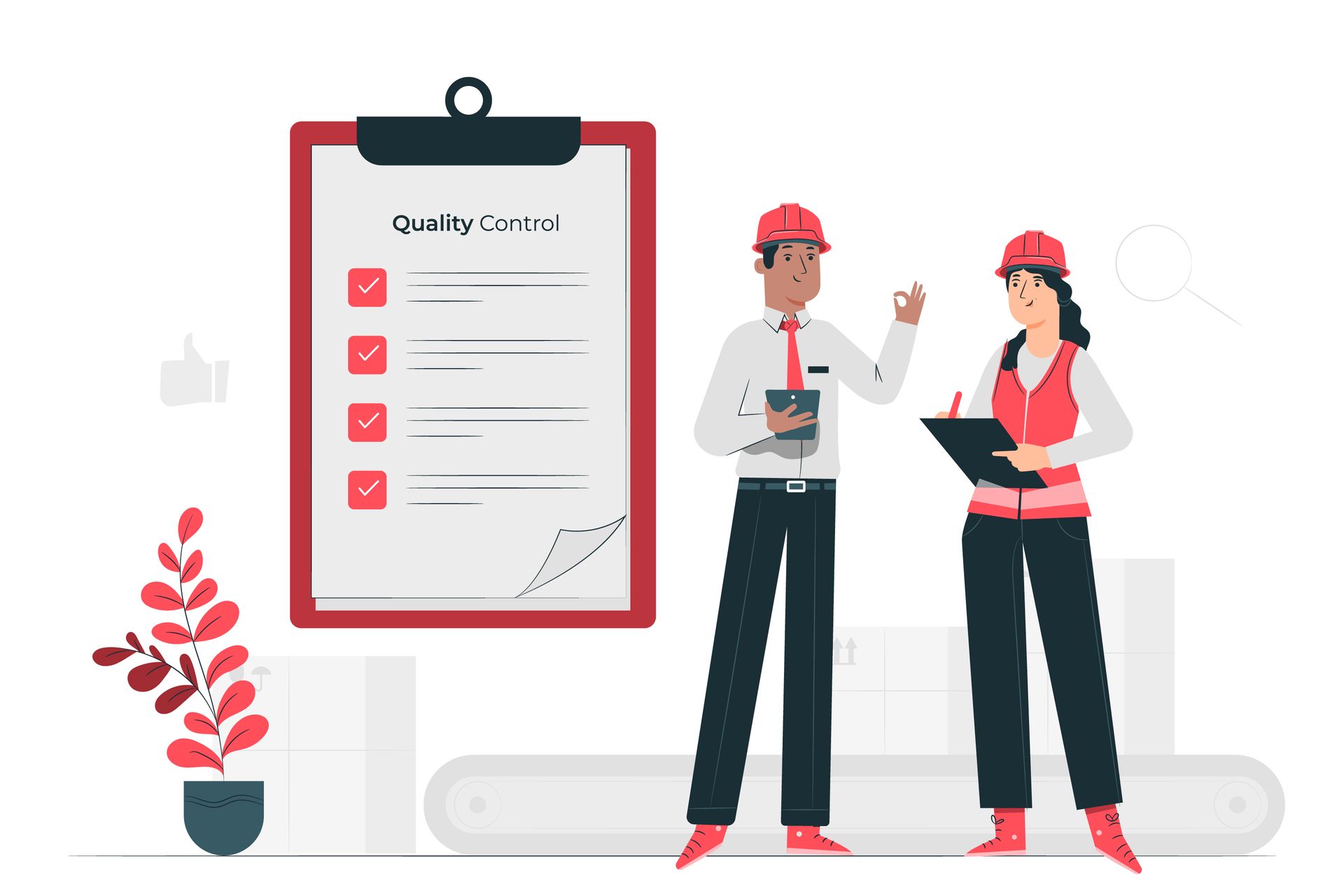S.A.F.E Hiring Step 3: Following Through
Who knew? This is who you need at your company...

This week we’ll be covering the third step in S.A.F.E. hiring: following through.
If you have successfully executed the first two steps of the S.A.F.E. hiring process you have set proper expectations through the job listing and interviews, and acclimated your new hire with a proper onboarding and training experience.
It may seem obvious that you need to continue to follow through on what you’ve promised to this point, but this is the stage where many contractors run into trouble. The number of proposals, policies, and promises I’ve witnessed fall to the wayside justifies an entire post on the importance of continual follow-through.
It’s helpful to begin by asking why it is so difficult for many roofing companies to follow-through on the policies and they’ve made. Most companies begin as one or two person operations. The owner is responsible for everything including
- Marketing the company
- Bidding and estimates
- Signing contracts
- Jobsite management
- Material Ordering
- Finding Crews
- Collecting Payments
- Keeping the Books
It’s an incredible amount of work to juggle. However as you begin to grow your team, your relationship to the day-to-day operations needs to evolve. Your company needs to shift from a job-centered business to a people-centered organization, and this requires your role to change. You can no longer
afford to be hands on with all of the responsibilities above. In fact, this is why you are hiring in the first place, so that others can do these things for you.
Unfortunately, many contractors struggle to make the necessary shift in mindset to successfully execute this evolution in their company. It can be hard to trust others to do the things that you already know you can do well. Also, owners can feel uncomfortable with this change because they feel as though, if they aren’t in the field they aren’t working as hard as they should be. After all, climbing ladders and landing sales is what got you to where you are.
It can feel like foreign territory to make this shift, and you might feel out of your comfort zone as the leader of an organization. Luckily, there are some concrete steps you can take to find success at this stage of your business’ development.
WATCH:
Stepping back from the day-to-day to lead your company through growth
- Identify Your Process
Every roofing company follows the same basic structure with some variation: Sell; Build; Collect. Ask yourself:
-How does my company generate leads?
-Who is my ideal client?
-How do I convince my prospects to choose me over another contractor?
-Who needs to be involved in scheduling and executing jobs?
-How do we collect our money?
-How do I know what jobs need to be paid up?
-How do I know my profit on each job?
Asking these questions will identify the foundations of your process. You might not like some of the answers that you give yourself, but asking them will allow you the chance to make the changes you want to see. Once you’ve done that…
2. Establish Your Enforcement
Once you have identified a process that works for you, the next step is to make sure it is being followed by everyone at your company. There needs to be clearly defined incentives, meaning both rewards and punishments, for fidelity to the process. Rewards could be as simple as an occasional group text acknowledging to the whole team when someone follows the process, or as extravagant as a company paid trip.
The most important part of enforcement is identifying who is responsible for it. It might be you, but as we’ve discussed already you're probably already juggling a lot of responsibilities. Thus, while you may decide what the process and consequences are, you might delegate the enforcement to someone else like an office manager. You can also automate enforcement through technology. A good
CRM can help to keep your team inline with your process, and build accountability among your team.
WATCH:
What implementing technology can do for your company
3. Follow Through on Your Policy
You won’t be perfect, and there will be times when it is necessary to bend the rules. Still, you should establish some redlines within your company’s policy. These are nonnegotiable rules that you’ve put in place because they are essential to your workplace environment.
Any form of harassment, no call-no shows, safety violations, and stealing are some examples of transgressions that should be handled swiftly and firmly.
The key here is that you’ve followed the S.A.F.E. hiring process to this point, and the expectations have been set. Your employees know what the consequences are for these actions, and they’ve chosen to do it anyway. There should be no confusion as to what their choice means for their employment at your company.
The same goes for incentives. For instance, if you mention a quarterly or bi-annual performance review, especially if it is tied to bonus pay, then it is inexcusable to forget about or neglect the review.
If you have stated policies that you do not make good on, your employees will struggle to take you and your company seriously, and your company will be tarnished by an environment in which no one feels accountable to anyone else.
WATCH:
How to build a company culture that makes your employees want to stay
You can use these 3 steps to quickly evaluate how well your company is transitioning from a job-centered company with your hands directly involved in every aspect to a people-centered organization where you are leading a team that you can trust to handle the day-to-day operations.













